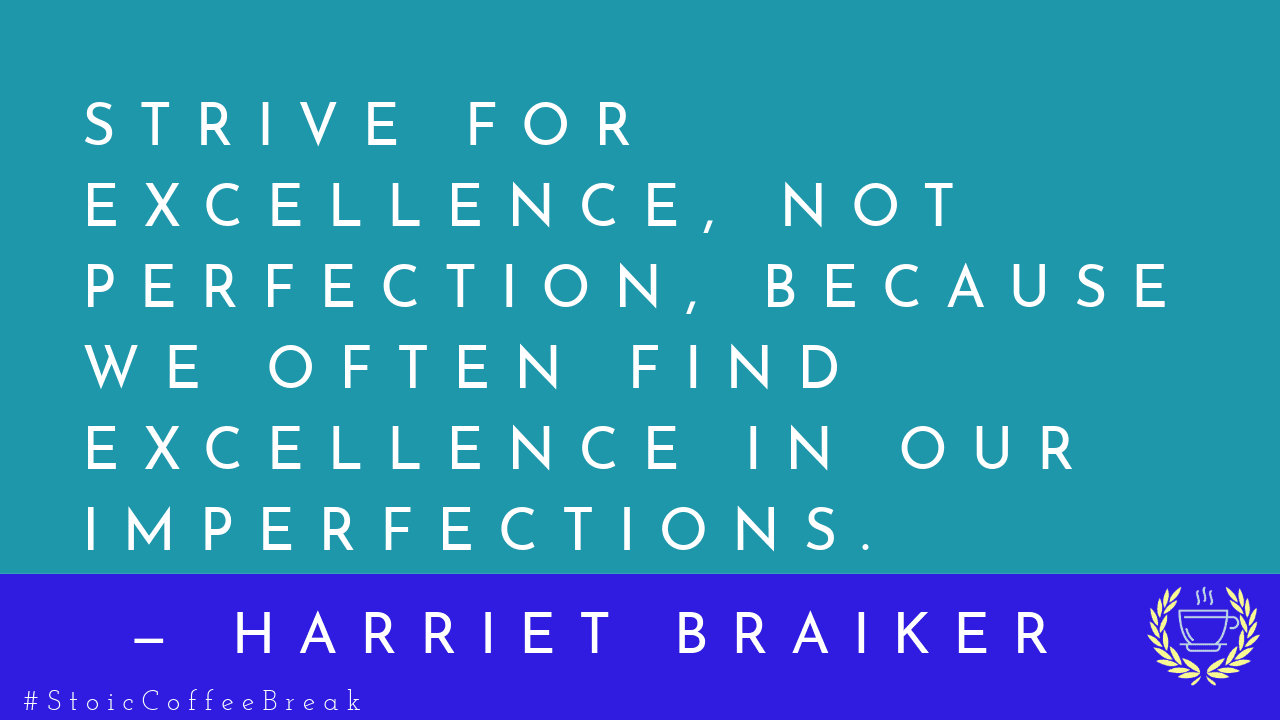Tag: wisdom
-

312 – Stoicism in Action: Interview with Shawn Sarazin
“The impediment to action advances action. What stands in the way becomes the way.” —Marcus Aurelius In this heartfelt episode of the Stoic Coffee Break, Erick Cloward sits down with Shawn Sarazin, a listener who shares his transformative journey through pain and acceptance. From battling chronic leg issues to making the life-altering decision to amputate,…
-

301 – Q&A Episode: Morning Routines, Mantras, and Quarter Life Crisis
Dive into the latest episode where Erick Cloward unpacks listener questions on crafting morning routines inspired by Stoicism, the power of personal mantras, and navigating the tumultuous waters of a quarter-life crisis. Discover actionable insights to enrich your daily life and foster resilience.
-

291 – Finding Your Genius: Flipping Your Flaws Into Features
“Strive for excellence, not perfection, because we often find excellence in our imperfections.” —Harriet Braiker Discover the transformative power of viewing your traits through a new lens. In this episode we explore how what we see as weaknesses can actually be strengths in disguise, urging us to shift our perspective and embrace our unique attributes…
-

289 – Interview with Mark Tuitert: Olympic Gold Medalist Speed Skater and Stoic Author
Delve into the world of Olympic gold medalist Mark Tuitert, as he shares his journey from the ice to authoring “The Stoic Mindset.” Discover how stoicism fueled his triumphs and helped navigate life’s challenges, offering a unique insight into achieving greatness while maintaining inner peace.
-

284 – Q & A – Daily Life, God, Difficult People, and Politics
This week’s episode is a Q & A edition. I talk about how to practice stoicism in daily life, god, dealing with difficult people, and who would Marcus Aurelius vote for!
-

283 – Interview With Gavan Wilhite
In this week’s episode, I had a captivating conversation with Gavan Wilhite, a serial entrepreneur. We discussed the power of stoicism in business and making a positive impact on the world. Gavan is an exceptional individual, and I’m sure you’ll enjoy our enlightening discussion.
-

277 – Embracing the Unexpected: How to Handle Life’s Plot Twists Like a Stoic
“Life is a storm that will test you unceasingly. Don’t wait for calm waters that may not arrive. Derive purpose from resilience. Learn to sail the raging sea. — @TheStoicEmperor Do you fear the unexpected? Do you stress out when life throws you a curveball? Life is full of surprises. When we think that we’ve…
-

276 – The Zen of Zeno: Exploring the Art of Stoic Patience
“Man conquers the world by conquering himself.” — Zeno of Citium Are you rushing through life? Learn the art of patience and how it can lead to a more fulfilling life. Discover the power of being present and giving your full attention to what truly matters. #patience #mindfulness #selfgrowth

